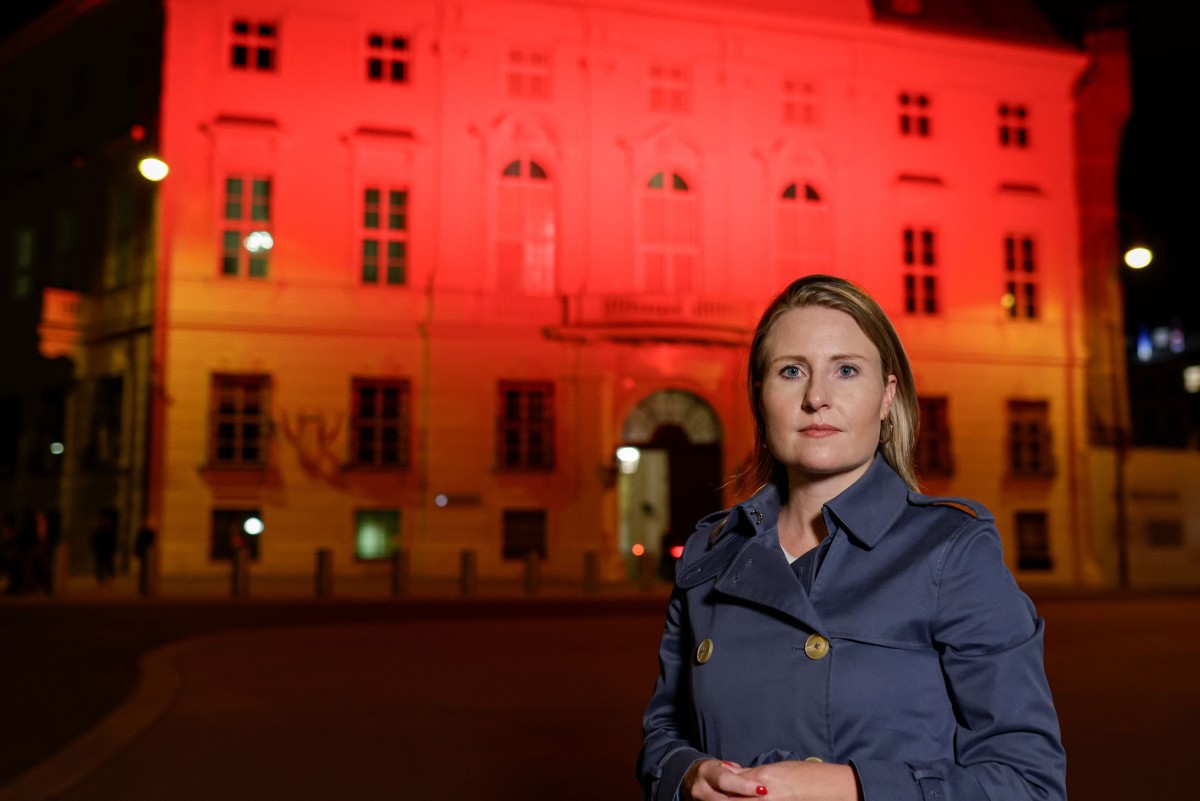Sponsored Content
Orange the World: Austria Combating Violence Against Women
Violence against women and girls remains one of the most widespread human rights violations. Especially in Austria, the worst violence against women recently occurred, namely femicides. In 2022, Austria will also participate in the UN campaign "Orange the World - 16 Days against Violence", which takes place annually between November 25, the International Day against Violence against Women and Girls, and December 10, the International Human Rights Day.
 "Our priority is clear: violence against women, girls and children must have no place in Austria," said Minister Raab. / Picture: © Bundeskanzleramt (BKA) / Andy Wenzel / Cropped
"Our priority is clear: violence against women, girls and children must have no place in Austria," said Minister Raab. / Picture: © Bundeskanzleramt (BKA) / Andy Wenzel / Cropped
This initiative was launched by UN Women, the United Nations women's organization that promotes gender equality worldwide.
Gender-based violence occurs in a wide variety of forms in all societies, age groups and social classes. In addition to physical and psychological violence, women and girls also experience sexualized violence, for example as part of war tactics in armed…
or Log In
Fast News Search





